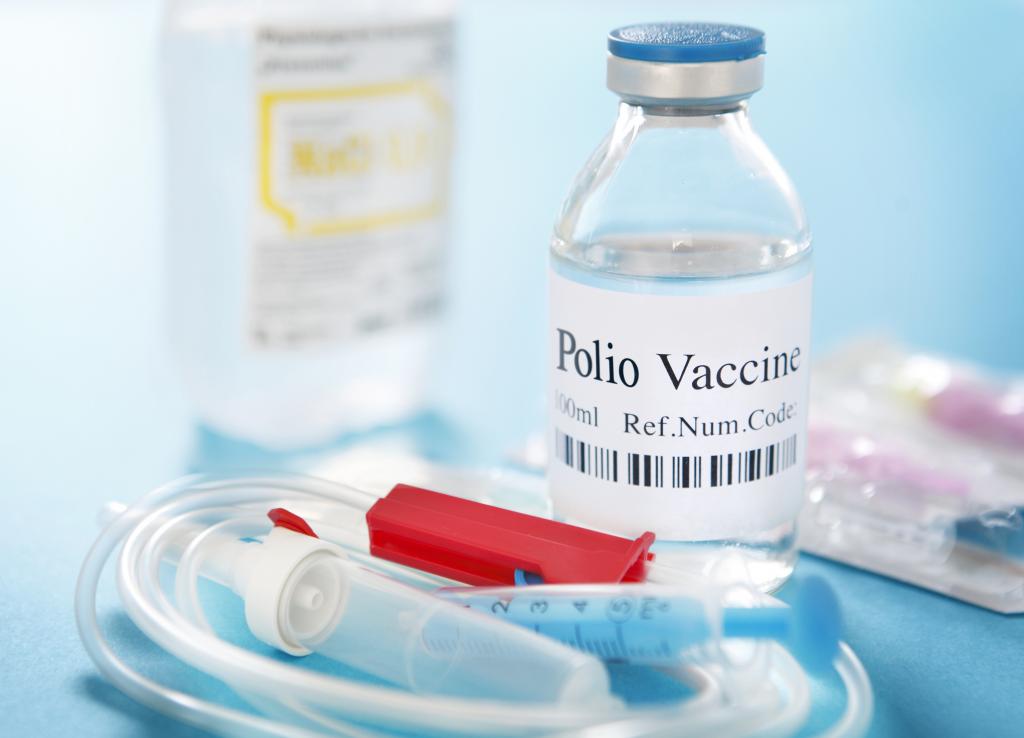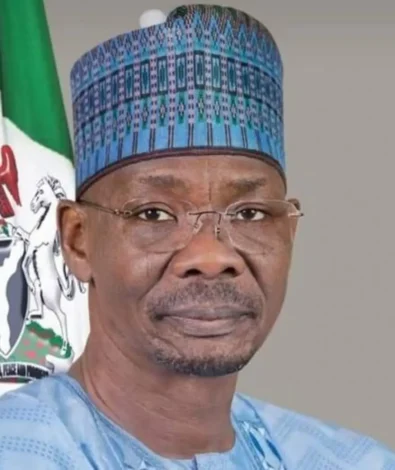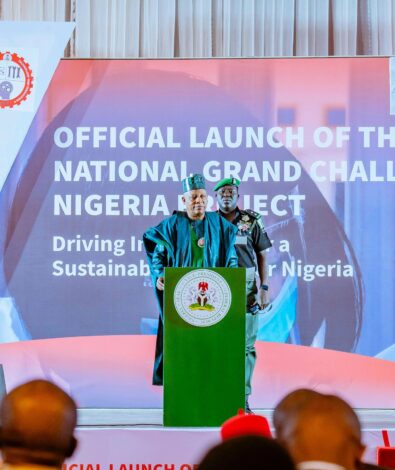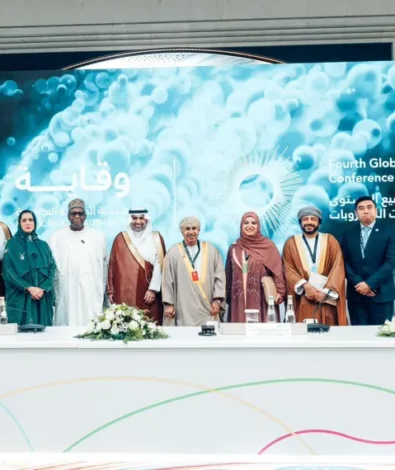Nigeria consumes 70% of global polio vaccines without desired results – Dr. Idowu Audu

Dr. Idowu Audu, the Deputy Incident Manager of National Polio Emergency Operations disclosed that Nigeria consumes 70% of the world’s polio vaccines yet struggles to achieve eradication.
He stated this on Saturday at the Third Quarter Review and Engagement Meeting of Kwara State Traditional Leaders’ Council Committee on Health in Ilorin.
Audu highlighted the resurgence of polio, particularly in northern regions of Nigeria, despite the extensive vaccine consumption.
Audu expressed concerns about the virus continuing to infect children across Nigeria and emphasized that while we are consuming a substantial portion of the world’s polio vaccines, polio cases are still prevalent, especially in some northern states.
Audu pointed out that Zamfara alone accounts for approximately 35% of the current prevalence, indicating a significant regional concentration.
Addressing vaccine hesitancy
Dr Audu attributed a large part of the continued polio threat to vaccine resistance and non-compliance among communities. “Non-compliance cases are buried and hidden. These are some of the problems that disrupt vaccine programmes in the country,” he explained.
- Audu urged traditional leaders to actively assist the government in ensuring routine vaccinations for polio, measles, and whooping cough, asserting that community involvement is essential to overcoming the challenges of non-compliance and resistance.
- Dr Nusirat Elelu, the Executive Secretary of the Kwara State Primary Healthcare Development Agency, represented by Dr Michael Oguntoye, the Director of Primary Healthcare Systems in the Agency spoke on the necessity of collaboration between government agencies, traditional institutions, and communities in addressing vaccine hesitancy and improving uptake. “This bringing together is for robust engagement on community ownership of vaccine programmes,” she said.
- Elelu urged residents to participate fully in immunization drives, stating, “We need communities to trust and support these programs to protect their children and future generations.” She also reiterated that trained healthcare professionals are deployed to ensure vaccine programs are effectively managed across the state.
Mr Ademola Enikanselu, Programme Officer of Chigari Foundation in Kwara, echoed the need for traditional leaders’ involvement in tracking vaccine progress. He encouraged leaders to “monitor vaccine coverage and uptake in their communities and report any issues, such as vaccine shortages, that may hinder progress.” Enikanselu emphasized that continuous assessment and adaptation of immunization efforts will be essential to achieve polio eradication.
What You Should Know
Polio remains a significant health threat, particularly for infants and young children, as it is primarily transmitted through contaminated food and water. The virus can lead to severe paralysis or even fatality if left unchecked.
- Nigeria, currently classified by the global polio eradication initiative and International Health Regulations (IHR) as a state infected with circulating vaccine-derived poliovirus type 2, reported 62 outbreaks in 2022, heiglighting the urgent need for effective interventions.
- The WHO has recently prequalified the novel type 2 oral polio vaccine (nOPV2), a milestone achieved after three years under Emergency Use Listing (EUL). Developed with input from scientists at the UK Medicines and Healthcare Products Regulatory Agency (MHRA), the nOPV2 has undergone rigorous testing, demonstrating effectiveness in immunized populations.
In a bid to further support Nigeria’s fight against polioviruses, Rotary International has pledged an additional $14 million grant to bolster ongoing efforts, particularly in combating the Circulating Variant Poliovirus (cVPV2).



